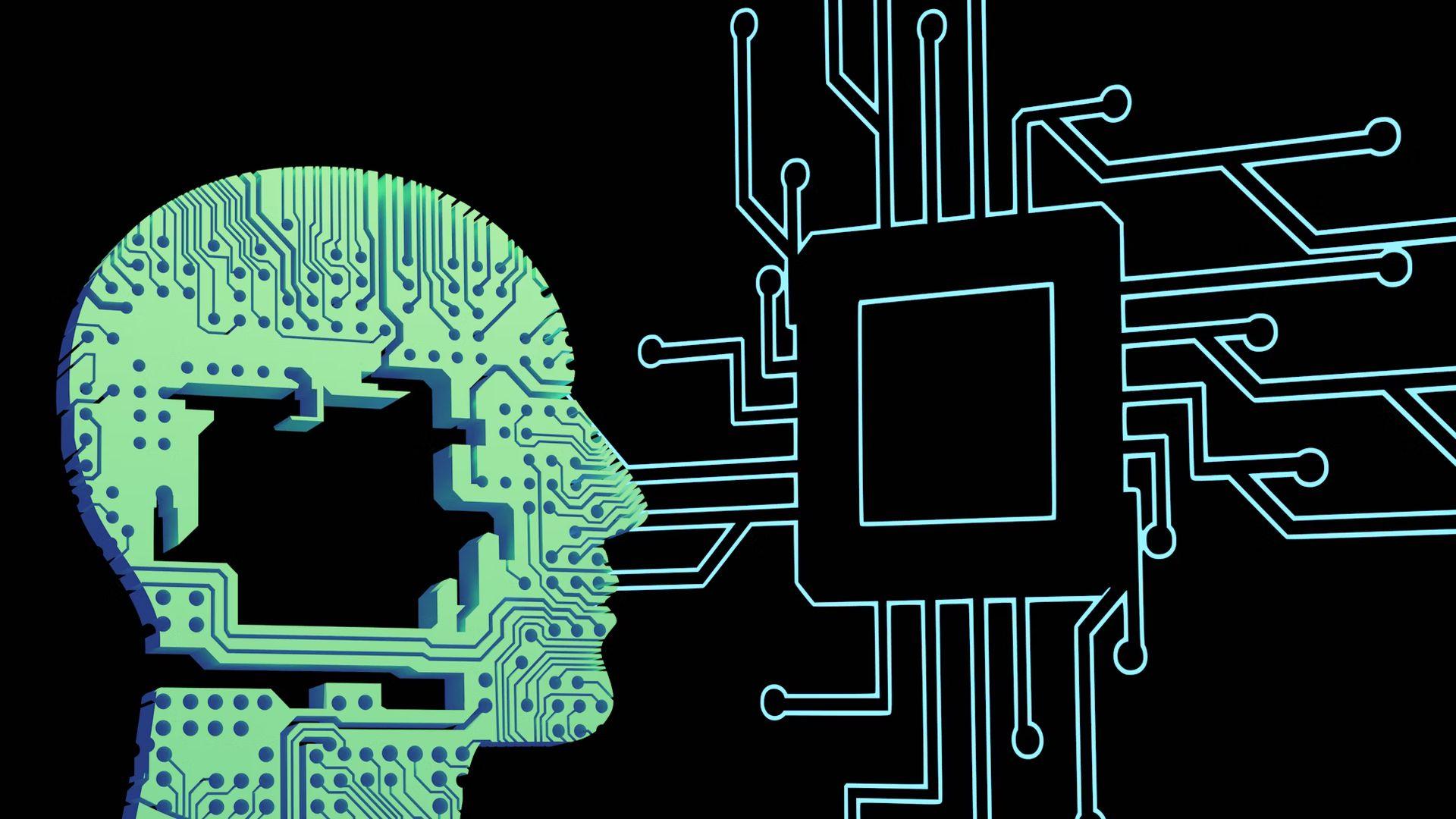Google has announced the integration of Gemini Pro into various offerings, with the latest update being an enhancement to the Android Studio’s bot.
Android Studio bot with Gemini
The reveal took place during the Google I/O developer conference in May 2023, where the Studio Bot, built on the PaLM-2 foundational model, was first introduced. This expansion of Gemini within Android Studio is now accessible in over 180 countries for users of the Android Studio Jellyfish edition.
Additionally, in February, Google transitioned the Bard chatbot’s underlying model from PaLM-2 to Gemini Pro. Similar to the Studio Bot, this new Gemini bot is housed within the IDE (integrated development environment), enabling developers to pose questions related to coding. Google highlights that developers will experience a significant enhancement in the quality of responses for code completion, debugging, locating pertinent resources, and generating documentation.

For privacy considerations, Google mandates that users log in and activate Gemini explicitly to utilize its features. Moreover, the chatbot tailors its responses based on the developer’s previous interactions and the context given.
Access to the Gemini API starter template is streamlined through Android Studio, facilitating the incorporation of generative AI functionalities into applications. Google remains committed to positioning itself as a formidable contender against platforms like GitHub Copilot across its array of developer-centric tools. This was evident last year with the introduction of the PaLM-2-based Codey assistant, designed to field questions related to programming and Google Cloud Services.
Google is placing significant emphasis on Gemini, which recently underwent a substantial upgrade allowing direct modification and refinement of its responses. Additionally, there have been leaks hinting at a new functionality termed “reply suggestions” emanating from Gemini. The competition in AI technology is intensifying, and it appears that developers are now at the forefront of this advancement.
Featured image credit: Google






